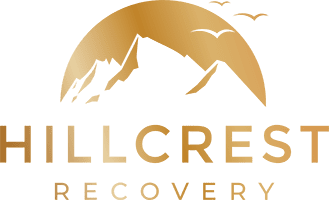Two phrases that are thrown around a lot in rehab facilities are dual diagnosis and co-occurring disorders. These words are used interchangeably.
Unfortunately, not many people understand what dual diagnosis or co-occurring disorders mean and how they relate to addiction treatment. As a result, there is confusion about whether or not these two terms are the same thing or if they refer to slightly different diagnoses.
In short, dual diagnosis and co-occurring disorders refer to the same thing. Both refer to an individual who suffers from a mental health disorder alongside a substance abuse disorder. However, the term “co-occurring disorders” is more open-ended in that it can include other disorders as well.
What Is Dual Diagnosis?
Many individuals who suffer from a substance abuse disorder also suffer from a co-occurring mental illness. In fact, as many as 8.2 million adults within the US experienced a dual diagnosis in 2016 alone.
For example, someone who suffers from a substance abuse disorder may also experience depression, anxiety, PTSD, or trauma. In this case, this patient has a dual diagnosis.
What Are Co-Occurring Disorders?
When a person has co-occurring disorders, it means that they have two or more disorders at the same time. When discussed within the rehab or addiction communities, co-occurring disorders means the same thing as dual diagnosis. Someone with co-occurring disorders has a mental illness on top of their substance abuse disorder.
That being said, the term “co-occurring disorders” can be heard outside of the addiction treatment community. It can also be used to describe a patient who has multiple types of disorders. For instance, someone who suffers from an intellectual disability and a mental disorder suffers from a co-occurring disorder.
As such, someone who has co-occurring disorders might not have a substance abuse disorder. The term simply means that they experience more than one disorder at the same time. However, the term is identical to dual diagnosis when used within the addiction treatment community.
Dual Diagnosis vs Co-Occurring Disorders
When you compare these two terms side to side, they are very similar. The only difference is that dual diagnosis is almost exclusively used when discussing addiction treatment, whereas co-occurring disorders is used more broadly.
For this reason, dual diagnosis is a narrower term in that it refers to a patient who has a substance abuse disorder and a mental disorder. The term co-occurring disorders is broader. Although it may refer to a patient who has a substance abuse disorder and a mental disorder, it can refer to other patients as well.
Dual Diagnosis vs Concurrent Disorders
Another term you might hear is concurrent disorders. How is this term different from the two above? It isn’t. The term “concurrent disorders” is a synonym for co-occurring disorders. Consequently, a patient who has concurrent sorters experiences two or more disorders at the same time.
Get Dual Diagnosis Treatment at Hillcrest Recovery
As you might expect, dual diagnosis or co-occurring disorders require special treatment. The relationship between substance abuse disorder and other mental illnesses is fluid and complex. Co-occurring disorders are known as bidirectional in that they can exacerbate one another.
As such, it’s important for individuals who have a co-occurring disorder to get all disorders treated. With the help of dual diagnosis treatment, you can tackle your mental health disorders while receiving medical treatment for your addiction. This treatment can help fight relapse and help you accomplish your long-term goals of sobriety.
Hillcrest Recovery offers dual diagnosis treatment in the San Fernando Valley. Our top rehab is equipped to handle concurrent disorders that include substance abuse disorder. Contact Hillcrest Recovery today to learn more about our dual diagnosis treatment opportunities.

